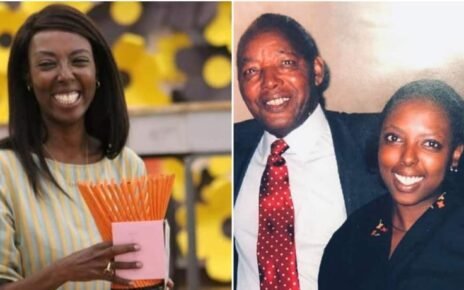Azimio official presidential candidate Raila Odinga’s reference to second hand clothes as pieces of clothing “worn by dead people” has set off an aggressive internet debate pitting the five-time State House hopeful against a section of Kenyans and policy commentators.
Odinga made the comment Monday night while outlining the Azimio manifesto at Nairobi’s Nyayo Sports Complex.
The Azimio candidate contended that the importation of used clothes prominently known as mitumba adversely affects the country’s textile industry as he vowed to revive the lucrative business.
“Our textile industry was killed through liberalization but then they brought Mitumba, it killed all our sector industries. Our people are only wearing clothes coming from outside the country that have been worn by people who are dead,” Odinga said
He vowed to restore essential production so that “our people who are importing mitumba can have good products to sale here.”
City lawyer Ahmednasir Abdullahi, SC, described Odinga’s remark as regretful.
“Is Hon Raila nuts… or what? What is the nexus btw Mitumba and dead people?,” he tweeted.
Former Law Society of Kenya President Nelson Havi who is seeking the Westlands parliamentary seat on a UDA ticket excused Odinga’s comments as clueless saying a larger part of Kenyans can’t afford locally produced garments which are expensive partly due to high production cost.
“60 per cent of Kenyans wear Mitumba clothes from Gikomba Market,” he said.
Odinga explained that he isn’t trying to eliminating anybody out of Mitumba business however rather guarantee that the people who are bringing in the mitumba’s get the first hand to market goods locally manufactured in the country.
“We will get the cotton, we will jinn it here, spin it here and we will make finished products here,” Odinga said.
Odinga claimed that the move will boost youth employment in the country
As per the 2020 economic study delivered by the Kenya National Bureau of Statistics, Kenya imported 184,555 tons of second-hand clothes with an estimated value of Sh17.8 billion in 2019 alone.



